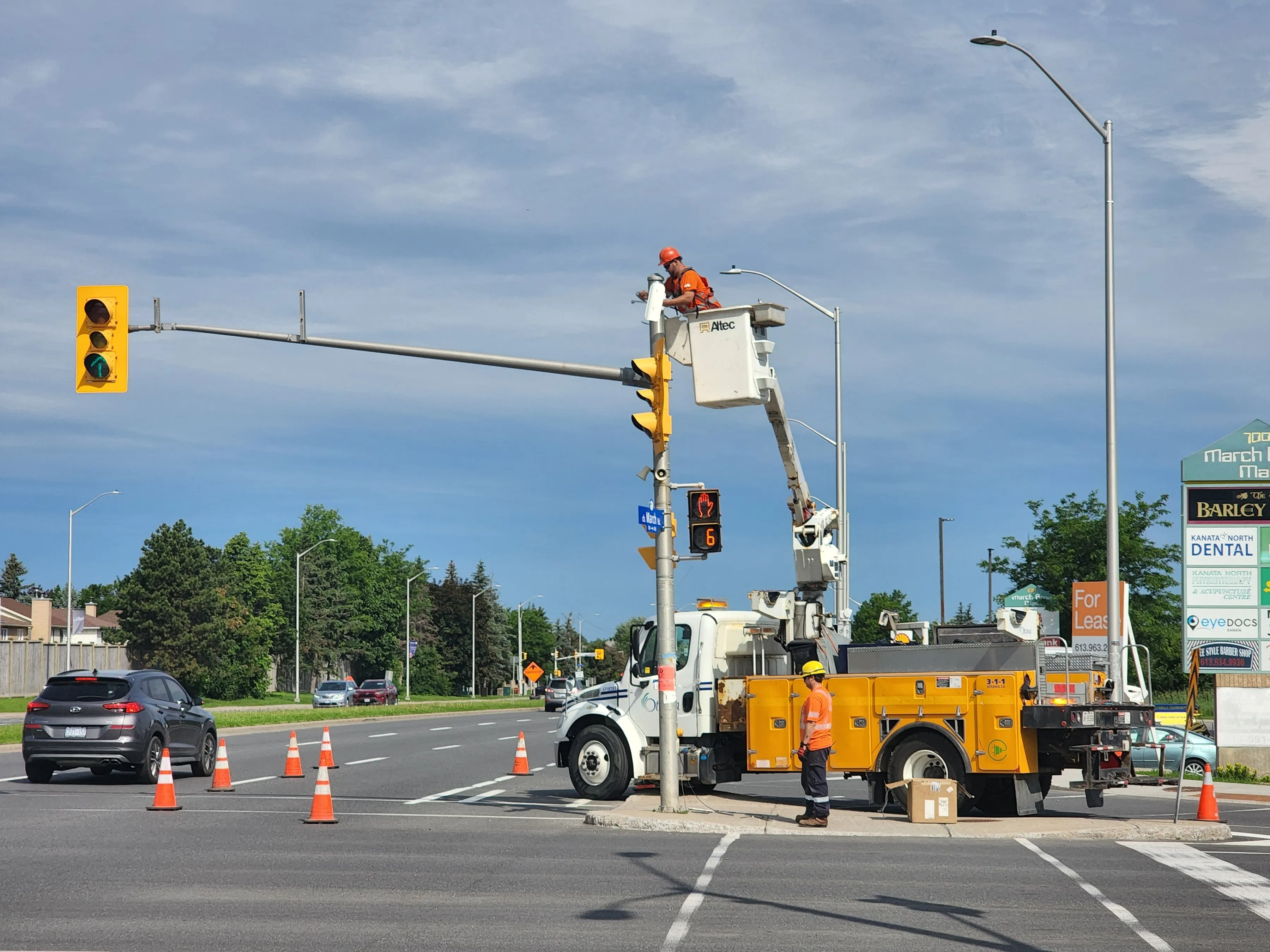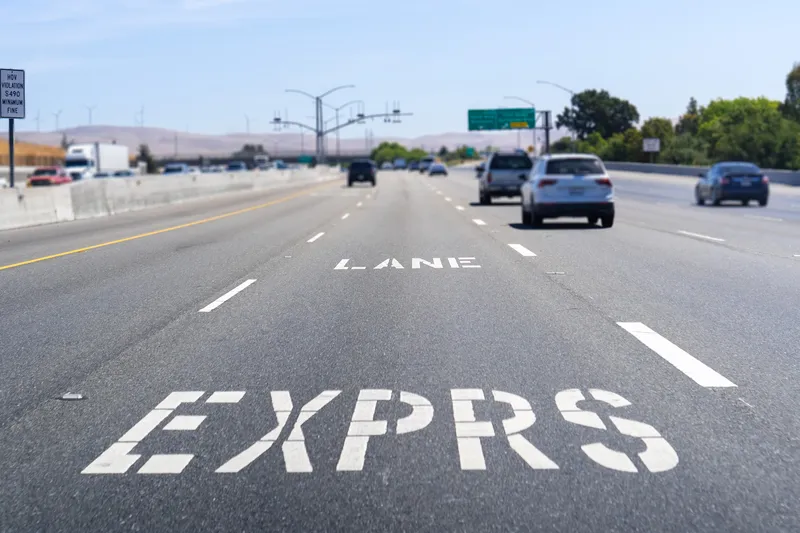Kapsch CarrierCom will take advantage of its presence at Middle East Rail, the region's largest rail exhibition and conference from 4 to 5 February in Dubai to highlight its new all in-one cab radio for locomotives, designed for simplified deployment and offering a feature set which supports new, value-added applications and an option to activate a fully Arabic user interface.
The company will also provide detailed information about new projects in the region, where it is to provide GSM-R technology for
January 29, 2014
Read time: 2 mins
The company will also provide detailed information about new projects in the region, where it is to provide GSM-R technology for the Mecca-Medina high speed railway and for two lines in Turkey
The company recently started the implementation of a new contract for the supply and deployment of its GSM-R technology on the 450 km high speed rail line connecting the two holy cities Mecca and Medina in the Kingdom of Saudi Arabia. In Turkey Kapsch has been awarded the to deliver GSM-R access technology and communication units for locomotives for the Bandirma Menemen line (310 km) and a secured wireless communication solution based on GSM-R for the 100 km Haydarpasa-Gebze-Kosekoy high speed line.
Kapsch’s head of sales Middle East, Africa and Turkey, Selim Bouri, will be making a keynote speech at the conference.










